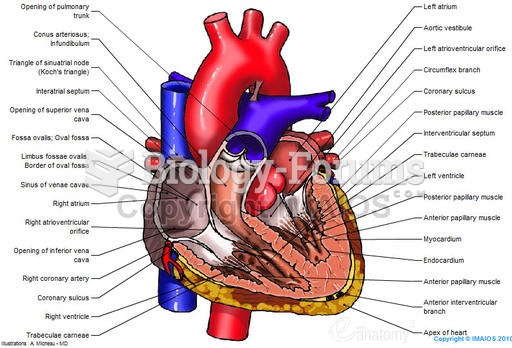This topic contains a solution. Click here to go to the answer
|
|
|
Did you know?
Barbituric acid, the base material of barbiturates, was first synthesized in 1863 by Adolph von Bayer. His company later went on to synthesize aspirin for the first time, and Bayer aspirin is still a popular brand today.
Did you know?
Serum cholesterol testing in adults is recommended every 1 to 5 years. People with diabetes and a family history of high cholesterol should be tested even more frequently.
Did you know?
The horizontal fraction bar was introduced by the Arabs.
Did you know?
It is difficult to obtain enough calcium without consuming milk or other dairy foods.
Did you know?
In 1864, the first barbiturate (barbituric acid) was synthesized.







